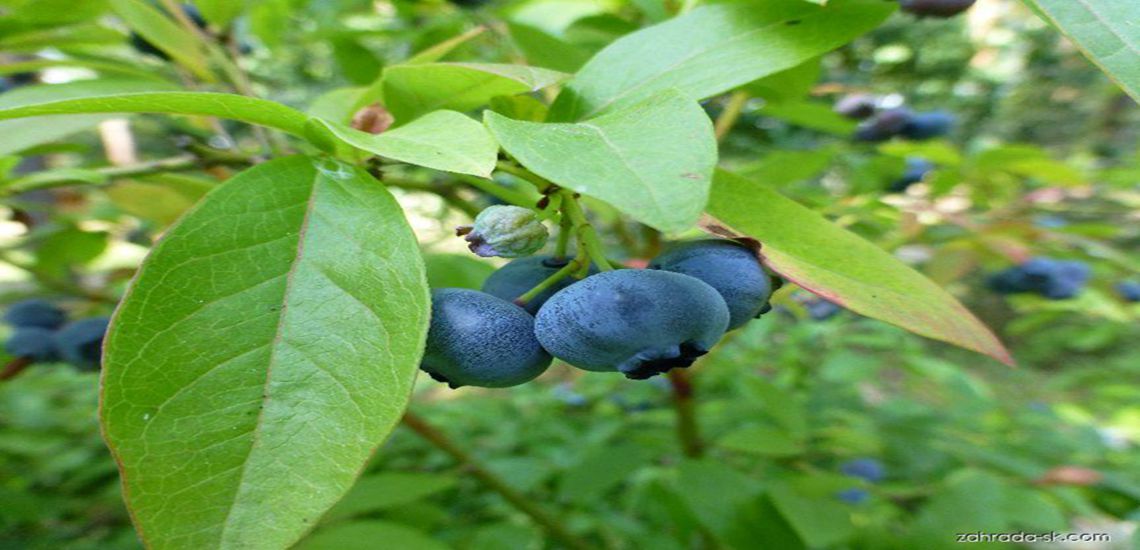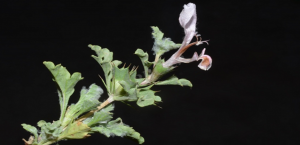Abstract:
Ethnobotany, has changed greatly over the last decades. On the scientific side, research has moved from simple inventories of mostly medicinal plants, to detailed quantitative studies, and the elucidation of active compounds. Both developments are highly important but have also led to some disadvantages. On the one hand, the focus on compounds and efficacy has led to a decline of publications on field studies, e.g., in the Journal of Ethnopharmacology. On the other hand, the very widespread use of statistical indices in ethnopharmacological field research has led to a virtual inflation of index use, with the other often applying only one index and wrongly extrapolating on plant importance from this, or applying multiple indices, but coming to wrong conclusions, especially with regard to the “usefulness of plants for further drug development.”
In this context the recent outbreak of coronavirus disease (COVID-19) is an interesting example. In ethnobotanical research COVID-19 might be an incentive to better implement the Nagoya Protocol on Access and Benefit Sharing and change the role of local participants and give them the role they deserve, – to not only be participants, but investigators, and co-authors. Rather than sending (mostly) western students and researchers around the globe, COVID-19 might finally force the ethnobotany community to focus on training of local researchers, so that they can conduct interviews in their own communities, and then to fully participate in data analysis and publication. COVID-19 could well highlight the possible contribution of local communities to global health. The importance of traditional food plants for the prevention and remediation of Sars-CoV-2 has been stressed, and the problematic of the use of wrongly identified traditional medicinal species has been highlighted.
In this talk, we assess the contribution of ethnobotanical studies in the management of diseases and food security, and the changes in research under the Convention on Biological Diversity and the attached Nagoya Protocol, and their effect on the possibilities for future studies, outlining in which directions Ethnobotany might develop in the 21 century.
Speaker: Dr. Rainer W. Bussmann
Affiliation: Staatliches Museum für Naturkunde, Erbprinzenstrasse
Time: 4:30 PM, Tuesday, Aug. 15, 2023
Venue: ZOOM 会议平台 会议 ID:312 430 8960 会议密码 PWD:666666
ZOOM
会议 ID:312 430 8960
会议密码 PWD:666666



